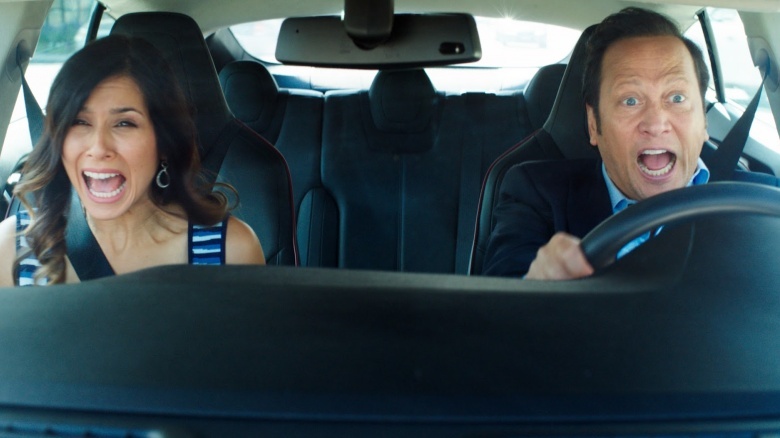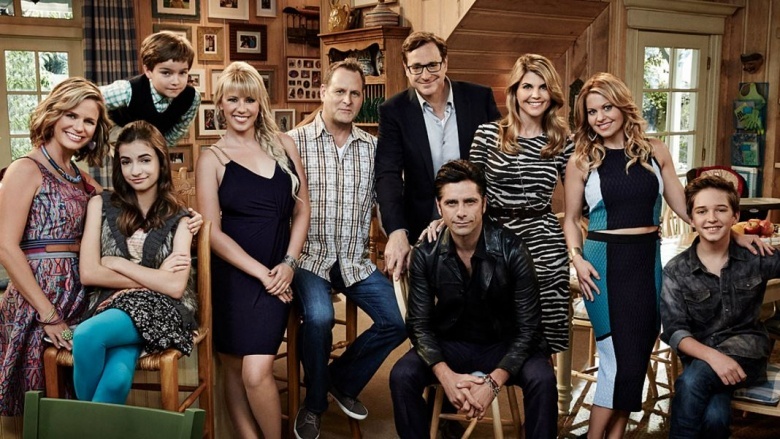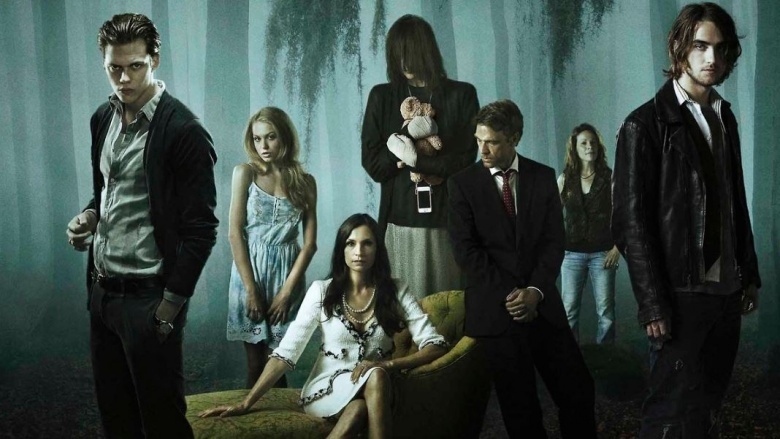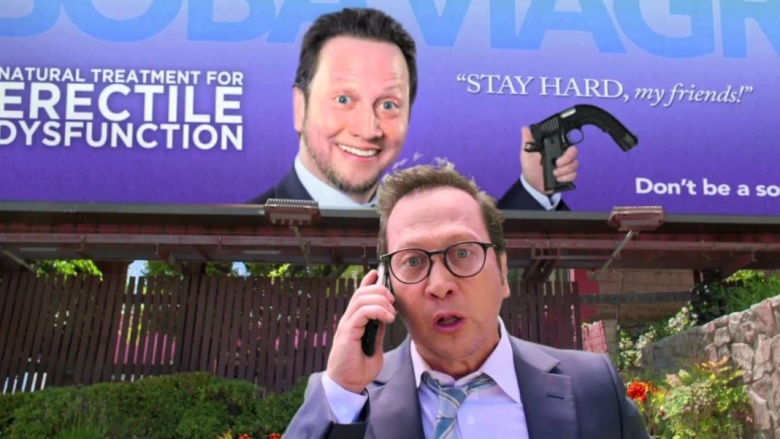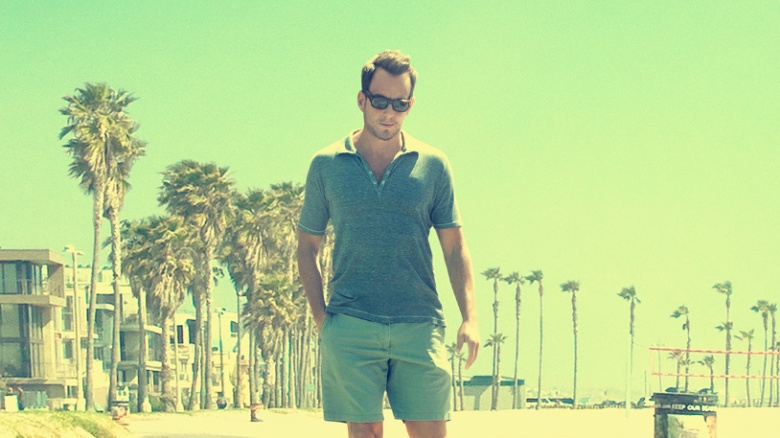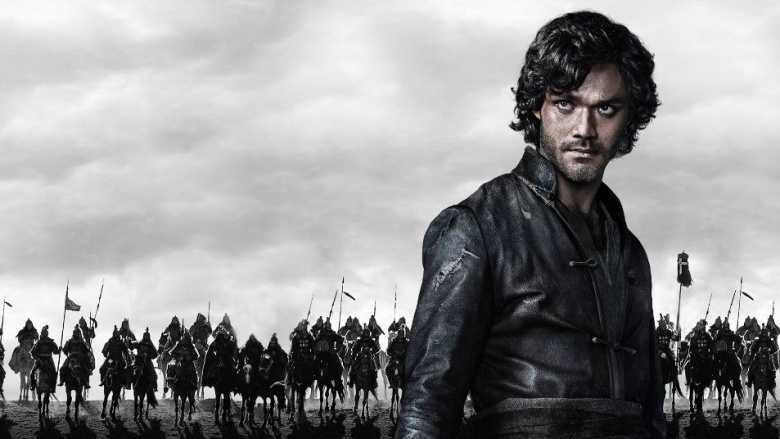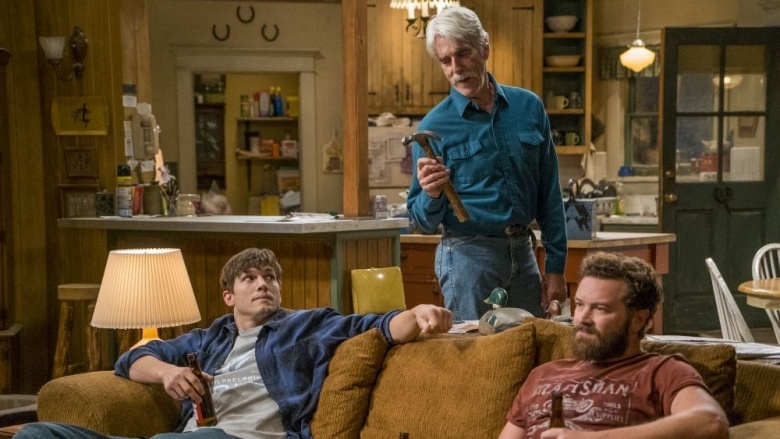Shows Netflix Should Cancel Immediately
Netflix has a seemingly endless list of terrific original programming, but they also put out tons of shows that maybe aren't as good. In fact, they're flat-out terrible. A waste of bandwidth. Just one more slide we have to flick through to get to the good stuff on our queues, like digital speed bumps that ruin the fun. Netflix, please, stop giving money to the following shows.
Fuller house
Fuller House is unnecessary unlike any revamped, rebooted, reinvented, or reimagined show or movie before it. Where most other sequels decades-old originals offer up a little bit of fan service at the beginning and then segue into the new incarnation of the show, the entire first season of Fuller House is one long nostalgia trip through the original series' greatest hits. It has no identity of its own and doesn't even attempt to forge one. It is absolutely content being one long reference to a show from 30 years ago. It panders to people who have fuzzy warm memories attached to a sitcom that was never that good to begin with. Never at any point does any of the nostalgia feel earned or genuine, either. A Full House reunion could've just been a five-minute Funny or Die sketch loaded with catch phrases and references to fashions and hairstyles of the time.
The original show was fun for its time. Remove it from that time and you quickly realize ... it should have stayed there.
Hemlock Grove
In a way, Hemlock Grove—Netflix's take on televised horror—is actually so bad it's good. If you can make it through an episode having understood everything that happened, you deserve a medal. It's got werewolves and vampires and immaculate conceptions and angels (maybe?) and there's a lady cybernetic Frankenstein thing and at one point someone became a vampire by removing their vestigial tail, or something like that? That's the problem with the show: insane things happen that lead to websites like ours typing insane sentences like the last one, and we can't even tell you what it means in the context of the show, because even in context it's ludicrous. Most of its madness comes completely out of nowhere, has no set up, and slips silently into the wild menagerie of insanity that is the rest of the show, never offering viewers an explanation about what the hell just happened.
Real Rob
In an attempt to create the next Curb Your Enthusiasm, where a real-life celebrity plays a fictional version of themselves, Rob Schneider created something much, much worse. Where Larry David brilliantly took his show to painfully awkward, borderline-offensive, but always hysterical places, Rob Schneider has careened Real Rob into the realm of painfully tone deaf and just plain bad. Even outside of its tired (and stereotypical) racial and sexual jokes, it offers nothing new when it tries to talk about the vacuousness of Hollywood life. If you've seen Entourage, The Comeback, Episodes, or the season of Seinfeld were Jerry and George get a sitcom on NBC, you've already heard everything Real Rob has to say about Hollywood—not that Real Rob had anything worth listening to begin with.
Flaked
Will Arnett is great. He's the Prince of Netflix comedy. You can watch him on Arrested Development, on The Increasingly Poor Decisions of Todd Margaret, and on the surreal (and often too real) adult animated comedy Bojack Horseman. With that kind of track record, of course Netflix gave him the opportunity to make his own show. It's called Flaked and it is an utter waste of time. It's about a deadbeat, narcissistic loser (the exact role Arnett is so good at playing in everything else he does) who's a huge bother to all the people in and around his life in Venice Beach, California. All of that sounds like a perfect cocktail for a wonderful show. But it isn't. It's mostly the sad, uninteresting adventures of a damaged person that never elevates itself above its premise.
Shows can always get better in subsequent seasons, as their creators discover ways to revamp the show and eventually hone in on its voice, but the first season of Flaked inspired no confidence in its creators' abilities to create anything worth a binge.
Marco Polo
Marco Polo is an example of how you can't buy quality. Its budget is reportedly astronomical, in TV terms, and it's plain to see in the show's production values. Every pixel on screen at any given time drips with cash. Sadly, absolutely none of it translates into a compelling series. Marco Polo's plot is plodding, none of its characters are engaging, and if you thought Game of Thrones's treatment of women was bad, wait till you get a load of Marco Polo. It's also about as historically accurate as Lord of the Rings, but it takes itself so damn seriously. It wants you to think this is all somehow in the realm of what actually happened, like Vikings or Black Sails—two shows that have truth playfully intermixed with fantasy. Its biggest sin is its wasted potential. Netflix was obviously trying to score their own gigantic period-ish drama, and maybe even compete with Game of Thrones. But they struck out so hard, Cersei and Friends didn't even notice they were at bat.
The Ranch
Do you like sitcoms starring two guys who used to be in a better sitcom you can also watch on Netflix and, in fact, probably should instead? Then you're going to love The Ranch. Or maybe hate it. Whatever. The show, starring Ashton Kutcher and Danny Masterson—both of whom were why That 70s Show was such a fun ride—can't seem to muster enough interest in this tired traditional multi-camera sitcom that would feel more at home on CBS then on the cutting edge of entertainment that is Netflix. Its attempts at bringing a little warmth and wholesome humor to the conservative rural American lifestyle doesn't work nearly as well as, say, King of the Hill. If the first season is any indication of what the rest of the series will be like (and it likely will, since these kinds of sitcoms rarely change from debut to syndication), there's a very good chance The Ranch will never bloom into anything better then the disappointing effort it already is.
